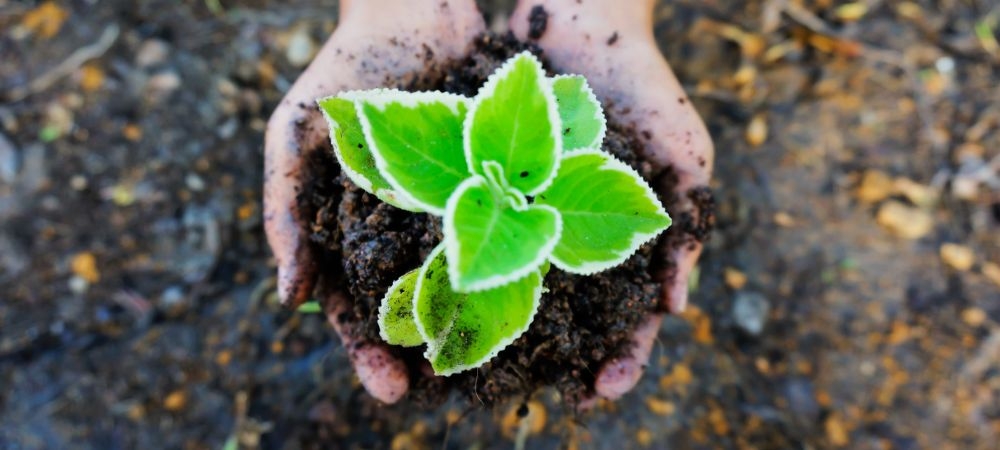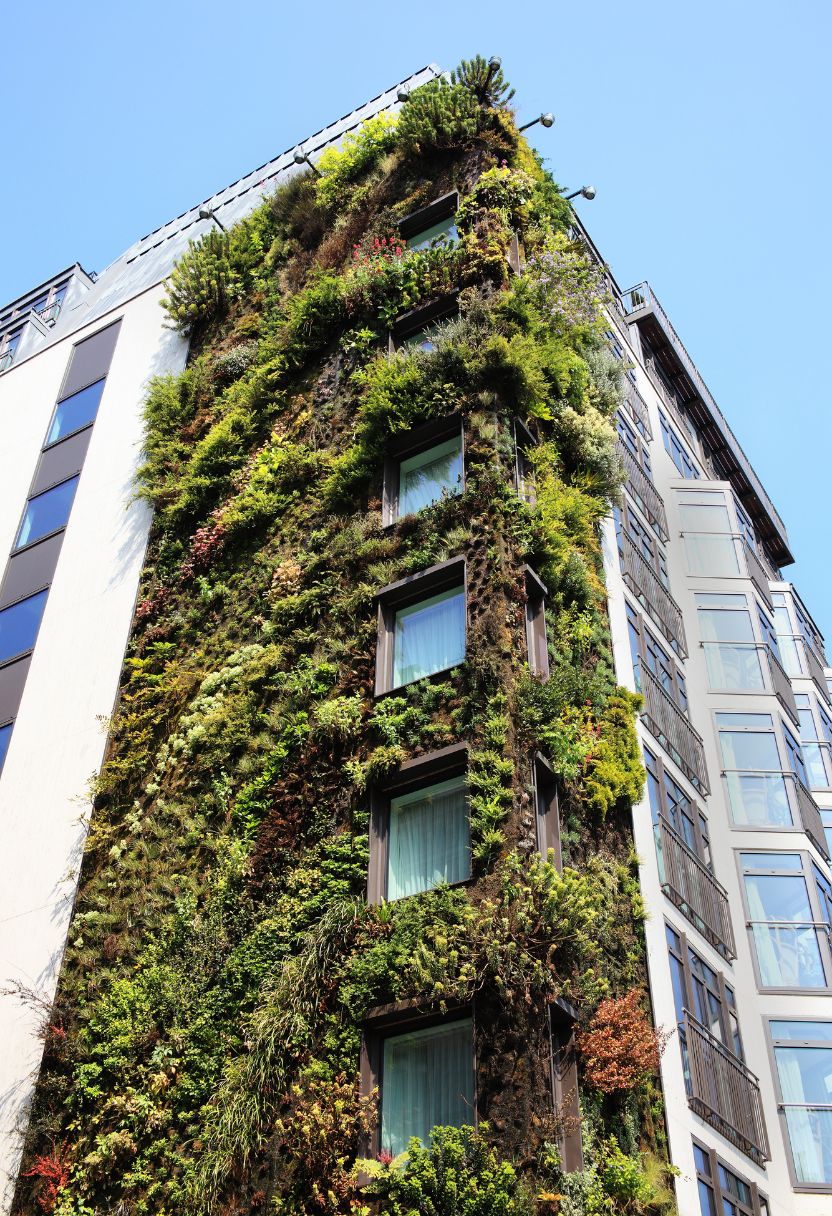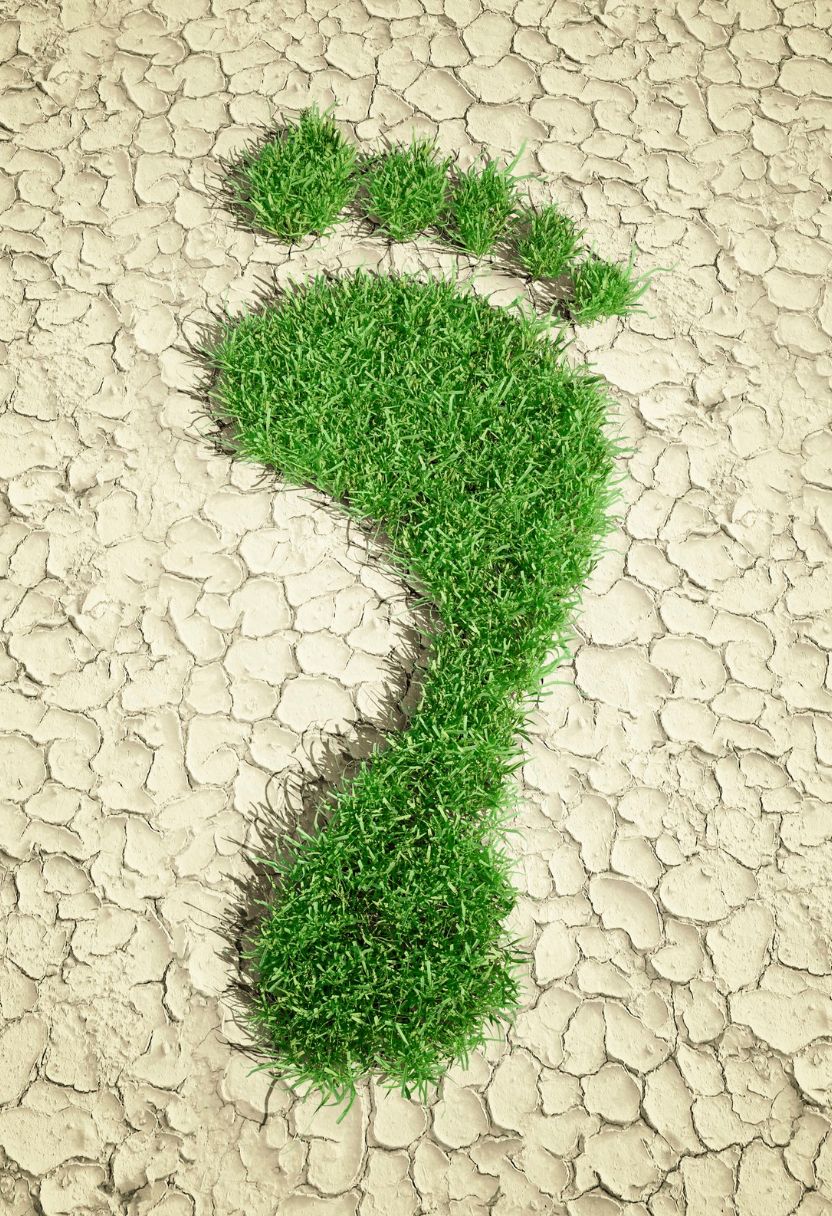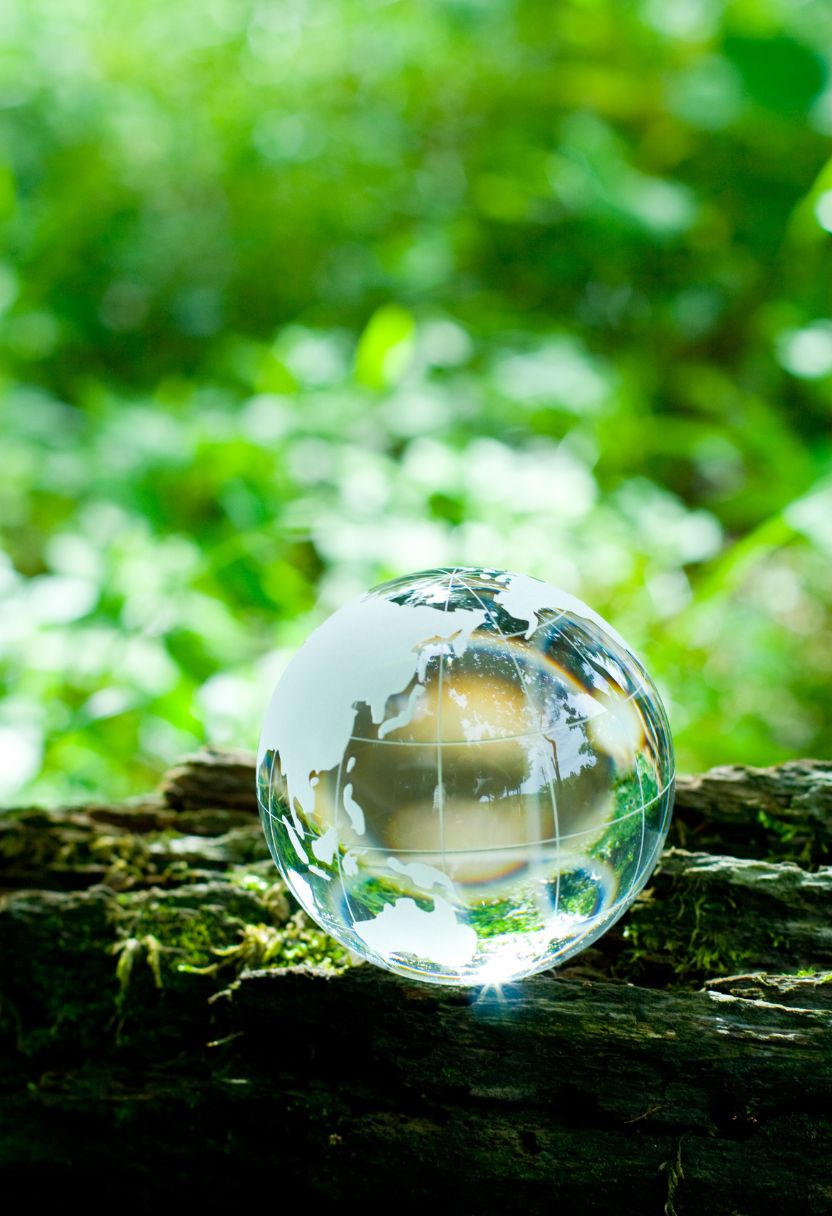

Deforestation and Habitat Destruction: A Human Impact on the Environment
Oh boy, where do we even begin with deforestation and habitat destruction? It's like humanity has got a real knack for messing things up. To read more see that. These two terms ain't just buzzwords; they're realities we're facing every single day. So, let's dive into how humans are affecting the environment in ways that are not exactly beneficial.
First off, deforestation is basically when we chop down trees faster than they can grow back. I mean, it's not rocket science to figure out that this can't be good for our planet. Forests act as the lungs of the Earth, right? They absorb carbon dioxide and release oxygen – something we kinda need to survive! But nope, we're cutting them down for timber, agriculture, and urban expansion without thinking twice.
Now, I'm not saying all logging activities are evil. Some level of tree-cutting might be necessary for economic development or providing resources. But what we're seeing now is way beyond sustainable limits. We're losing forests at an alarming rate and it ain't slowing down anytime soon.
And then there's habitat destruction which goes hand-in-hand with deforestation but also includes other forms of environmental degradation like pollution and climate change. When we destroy habitats by building roads or factories or even just dumping waste recklessly, we're pushing countless species towards extinction. Imagine you're a bird whose home is suddenly turned into a parking lot – yeah, it's like that.
It's undeniable that human activities have led to significant loss of biodiversity as well. Many plants and animals rely on specific habitats to survive; take those away and they've got nowhere else to go. The knock-on effect is huge – ecosystems become unbalanced leading to further environmental issues such as soil erosion and water contamination.
But hold on a second! Let's not pretend there's nothing being done about it either. There are conservation efforts underway globally aiming to restore damaged ecosystems and protect what's left of our natural habitats. Reforestation projects are planting millions of trees while wildlife reserves work tirelessly to save endangered species from vanishing completely.
Yet despite these efforts, reversing the damage isn't simple nor quick process because nature doesn't bounce back overnight (wishful thinking though). It takes years-sometimes decades-for newly planted forests to mature enough so they can start acting like natural ones again.
So yeah...deforestation and habitat destruction aren't small potatoes-they're massive problems we've created ourselves through unchecked greediness or simply ignorance sometimes too! If we're serious 'bout preserving this planet for future generations (and honestly who wouldn't be?), then taking concrete steps toward reducing our impact is crucial!
In conclusion-and trust me when I say this-we've gotta wake up before more irreversible damage gets done! Whether it's supporting policies aimed at conservation or making personal choices that lessen harm on nature-every little bit helps cause after all-it's better late than never!
Pollution: Air, Water, and Soil Contamination
When we talk about human impact on the environment, pollution is undoubtedly one of the first things that comes to mind. It's pretty hard to ignore. Pollution affects our air, water, and soil-three elements crucial for life on Earth. You'd think we'd be more careful with them, but nope!
Air pollution? That's a biggie. It ain't just factories spewing smoke anymore; it's also cars zipping around and even those backyard barbecues we love so much. The air's filled with harmful substances like carbon monoxide and sulfur dioxide. They don't just stay up there in the sky; they come down to mess with our lungs too.
But hey, let's not forget water pollution. We're dumping waste into rivers and oceans as if they're gigantic trash cans! Industrial runoff? Check. Plastic waste? Double check. These pollutants make their way into our drinking water supply-not exactly something you'd wanna gulp down during a hot day.
Soil contamination isn't left out either. Pesticides, heavy metals from industrial activities-they all seep into the ground over time. Farmers use chemicals to grow crops faster but ignore how it poisons the earth itself! Those toxins get absorbed by plants which we then eat; it's like we're poisoning ourselves slowly.
You might think someone would do something about it-there are laws, right? But regulations don't always get enforced properly or people find loopholes around 'em. It's frustrating because you'd hope folks would care more about where they live.
In conclusion (not that there's ever really an end), pollution is a problem that's only getting worse due to human actions-or inactions! We haven't been very kind to our planet and it shows in our air quality, water cleanliness, and soil health. Maybe someday we'll wake up before it's too late...or maybe not?
Well anyway, let's hope for some positive changes soon enough because this isn't sustainable at all!
Becoming an eco-warrior, huh?. Sounds like a daunting task but hey, it's not as hard as it seems.

Posted by on 2024-07-17
Climate change is a big issue that affects our planet's ecosystems in ways we’re just starting to understand.. It's not something we can ignore anymore.

Posted by on 2024-07-17
Climate Change and Global Warming, oh boy, where do we start? It's a topic that seems to be on everyone's mind these days. You can't turn on the news or scroll through social media without hearing about it. But what does it really mean for us and our planet?
First off, let's get one thing straight: Climate change and global warming ain't exactly the same thing. Global warming is basically the Earth's temperature going up because of all those greenhouse gases we're pumping into the atmosphere. Think carbon dioxide from cars and factories, methane from cows (yes, cows!), and even some nasty chemicals from certain manufacturing processes.
Now, climate change is kinda like global warming's big brother. It includes not just rising temperatures but also changes in weather patterns. We're talking more intense storms, longer droughts, melting ice caps-you name it!
But how did we get here? Oh man, we've done a number on this planet. For centuries now, humans have been exploiting natural resources without much thought for the consequences. Deforestation for agriculture and urban development has reduced the number of trees that can absorb CO2. Industrial activities have released tons of pollutants into both air and water bodies.
And let's not forget plastic! Those single-use plastics we love so much? They're clogging up oceans and harming marine life. It's heartbreaking when you think about it-how our convenience comes at such a high cost.
Oh sure, there are skeptics who say climate change ain't real or it's just part of some natural cycle-but c'mon! The scientific consensus is overwhelming: human activities are driving these changes at an unprecedented rate.
So what's next? Do we throw our hands up in despair? Definitely not! There's still hope if we act fast-like yesterday-fast! Renewable energy sources like wind and solar power can help reduce dependence on fossil fuels significantly.
Even small actions matter too; stuff like recycling more diligently or opting for public transport instead of driving everywhere makes a difference over time. Governments need to step up their game as well by implementing stricter regulations on emissions and investing in sustainable infrastructure projects.
Look folks-we can't afford to ignore this any longer if we care about future generations inheriting a livable planet rather than one plagued by environmental disasters left right center!
In conclusion-and I hate saying "in conclusion" 'cause it sounds so final-climate change isn't something happening far away; it's affecting us all right here right now! We gotta wake up before it's too late…or maybe even after that point-who knows?!


Overexploitation of natural resources is a pressing issue that's got folks worried all over the world. It's not like we haven't heard about it before – it's been in the news, textbooks, and even casual conversations. Yet, somehow, we ain't doing enough to stop it. To understand this problem better, let's dive into what overexploitation actually means and its effects on our environment.
First off, overexploitation refers to using resources faster than they can be replenished. This isn't just about chopping down trees or mining too much; it's also about fishing more than oceans can handle and extracting water from rivers at unsustainable rates. The sad part is that most people don't realize how their daily actions contribute to this mess.
Take deforestation as an example. Forests are being cut down at alarming rates for timber, agriculture, and urbanization. You'd think by now we'd have figured out how crucial forests are – they absorb carbon dioxide and provide habitats for countless species! But nope, we're still clear-cutting large swathes of land without much thought for the future. It's like we're borrowing on nature's credit card with no intention of paying it back.
Then there's the issue of overfishing. Oceans cover about 70% of our planet but we act like they're inexhaustible pantries filled with endless supplies of seafood. Overfishing has led to significant declines in fish populations worldwide, putting entire marine ecosystems at risk. And guess what? If fish stocks collapse, so do the livelihoods of millions who depend on them.
Water scarcity is another biggie tied to overexploitation. In many places around the globe, groundwater reserves are being depleted faster than rainfall can refill them. This ain't just a problem for plants and animals - it's creating water crises that affect humans directly! Imagine living in a place where you can't get clean drinking water because aquifers have dried up.
The impacts don't stop there though; soil degradation from intensive farming practices weakens land productivity making it harder to grow crops sustainably year after year without damaging soils further still! So yeah...overusing our natural resources disrupts entire ecosystems leading ultimately towards ecological imbalances which aren't easily fixed once they're broken beyond repair...
What makes all this worse is that much damage done may well be irreversible if immediate action isn't taken soon enough globally speaking- governments need enforce stricter regulations conserving these precious commodities otherwise future generations will suffer consequences today's negligence causes currently unfolding before eyes everywhere already evident signs showing increasingly severe environmental degradation happening right now!!
In conclusion: It's high time humanity stopped taking mother nature granted realized importance preserving balance between consumption conservation instead continuing reckless exploitation unchecked lest irreparable harm inflicted upon planet itself thereby jeopardizing survival every living creature inhabiting earth alike!!
Loss of Biodiversity and Species Extinction: A Human-Created Calamity
Oh boy, where do we even start with the whole "loss of biodiversity" thing? It's like we've opened Pandora's box and now we're all just standing around, scratching our heads. You'd think we'd have learned by now that messing with nature ain't exactly a bright idea. But nope, here we are.
First off, let's talk about what biodiversity is. It's not just some fancy word scientists throw around to sound smart. It's everything – from the tiniest insects to the biggest mammals, plants, fungi and even bacteria! When you look at a thriving ecosystem, it's like looking at an intricate tapestry woven together with countless threads. Each species plays its part, keeping balance in check. But when humans step in with their bulldozers and chainsaws? That tapestry starts unraveling real quick.
We've really done a number on this planet. Forests are disappearing faster than ice cream on a hot day because we're chopping them down for timber or to make space for agriculture. And don't get me started on pollution – it's everywhere! Rivers clogged with plastic waste, oceans filled with oil spills; it's heartbreaking. We're literally poisoning the very water we need to survive.
And let's not forget climate change! Oh jeez... Animals can't just pack up and move when temperatures rise or fall dramatically; they're stuck dealing with it. Polar bears losing their icy homes, coral reefs bleaching out of existence - these aren't isolated incidents folks; they're happening all over.
Now some people might say “So what if a few species go extinct?” Well guess what? It's not just about losing one cute animal or plant here and there (though that's sad enough). Every time a species goes extinct, it has ripple effects throughout its entire ecosystem. Predators lose prey; plants lose pollinators – it's chaos!
But here's where things get really crazy: We're causing extinctions at an alarming rate! Scientists estimate that species today are going extinct 1,000 to 10,000 times faster than the natural rate due in large part to human activities! Yikes!!
We've also got this knack for introducing invasive species into environments where they don't belong… which often leads native species getting wiped out because they can't compete against these new bullies on the block.
Surely there must be something we can do right? Absolutely! There's still hope if we act fast enough (and smart enough). Protecting habitats through conservation efforts is key – creating national parks & wildlife reserves helps give endangered species safe havens away from human encroachment.
Reducing our carbon footprint would help too - using renewable energy sources instead of fossil fuels could slow down global warming significantly.. And maybe stop treating Earth like our personal garbage dump while we're at it?
In conclusion friends - loss of biodiversity isn't some abstract concept affecting only distant lands far removed from your daily life.. Its impacts are felt everywhere as ecosystems become destabilized leading possibly towards catastrophic consequences if left unchecked by collective action taken worldwide urgently before more damage done irreparably forevermore so let's wake up smell roses appreciate beauty world around us preserve protect cherish future generations come shall thank us later perhaps hopefully anyway worth shot eh??

Urbanization and land use changes are shaping our environment in ways we ain't always aware of. As cities expand, the natural landscapes give way to skyscrapers, roads, and endless rows of houses. It's not just about losing trees, folks; it's about a whole ecosystem getting disrupted.
First off, when we think about urbanization, we're talkin' 'bout more than just buildings popping up everywhere. There's also this massive influx of people movin' into these areas. More people means more cars on the road, more waste being produced, and yes - more demand for resources like water and electricity. It's kinda crazy how quickly things can change! And yet, it's not all sunshine and roses.
Land use changes often come with some hefty environmental costs. Forests get cleared out to make room for new developments - we ain't just talking small patches here but large swathes of land that hosted diverse ecosystems. The animals? They lose their habitats and many can't adapt fast enough to survive elsewhere. Not only does it affect wildlife but also impacts humans by reducing air quality since trees are nature's air purifiers.
Now let's touch on agriculture because it's got its own set of issues tied to urban sprawl. Farmland gets converted into subdivisions or industrial parks which reduces the amount of space available for growing food. Less farmland means farmers gotta push their crops harder or find new lands to till – often leading to practices that harm the soil over time.
You might wonder if there's any upside at all to this trend towards urbanization. Sure thing! Cities can be hubs for innovation and economic growth; they can provide better access to education and healthcare too – benefits that rural areas might lack.
However – here's where it gets tricky – balancing this development while conserving nature is no easy feat. Some places try implementing green spaces within city limits or promoting sustainable building practices but these measures don't always offset the negative impacts completely.
In conclusion, urbanization and land use changes bring significant challenges along with their apparent advantages. We need smarter planning that considers long-term sustainability rather than short-term gains alone if we're gonna protect our environment amidst all this rapid growth.